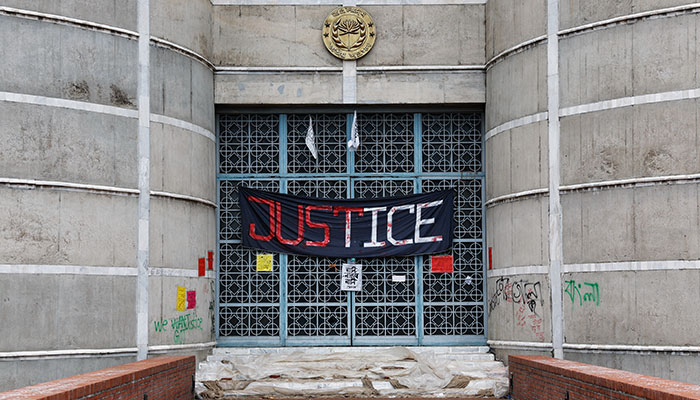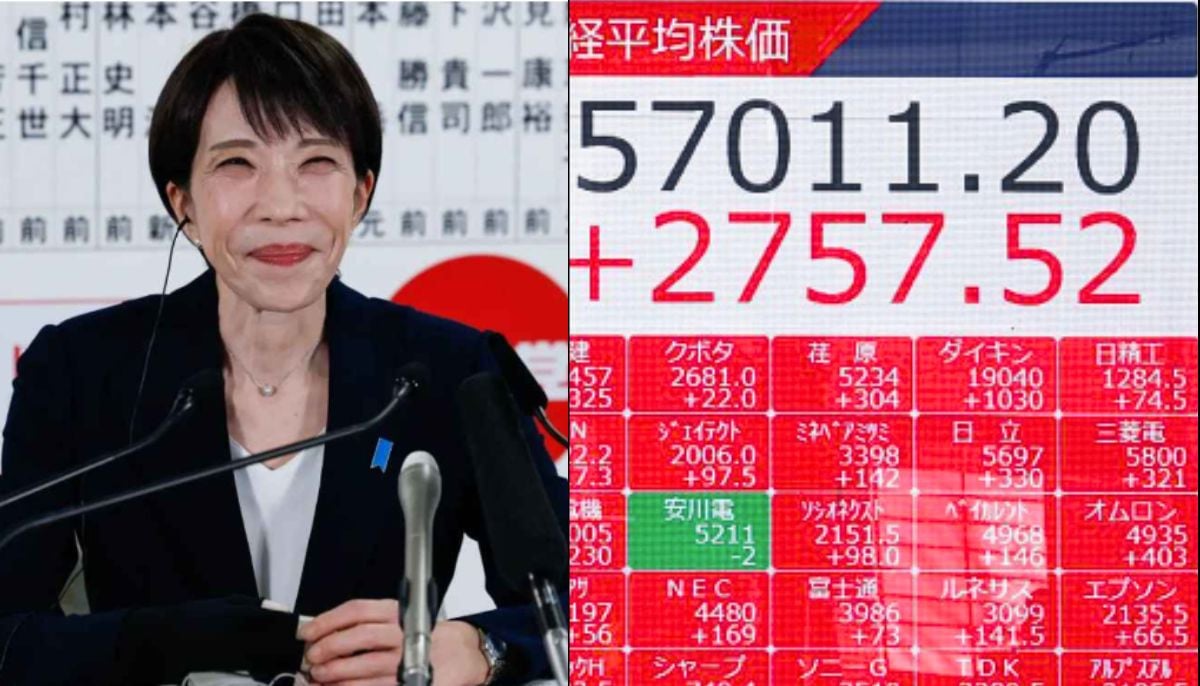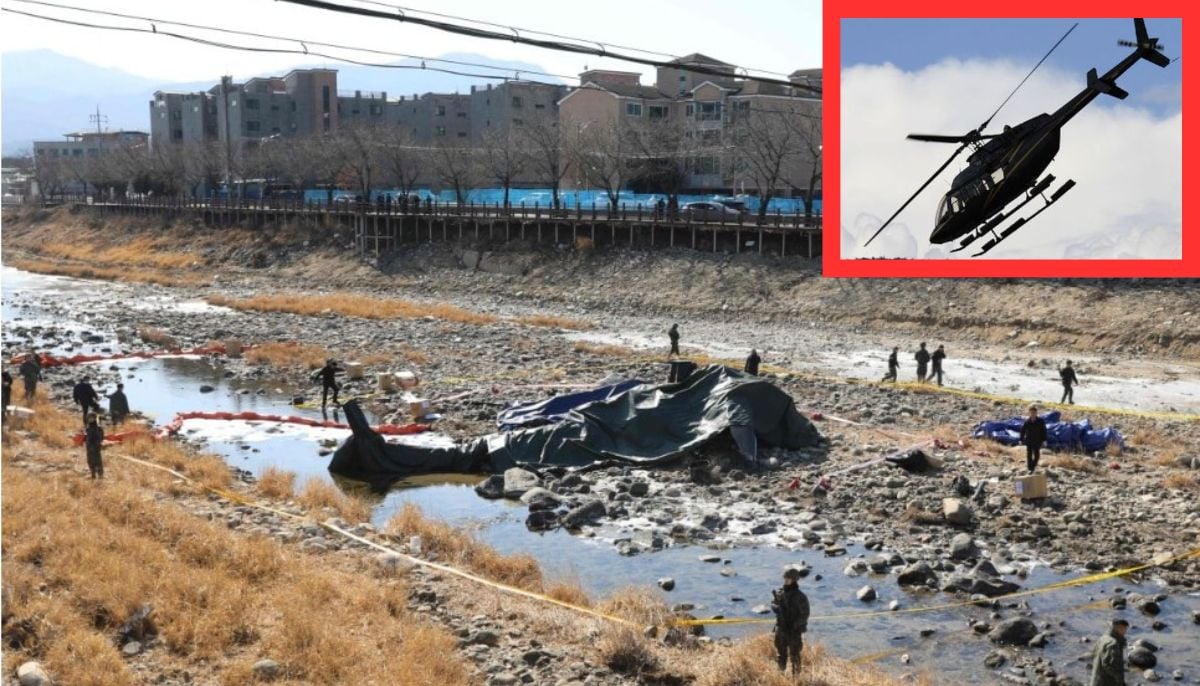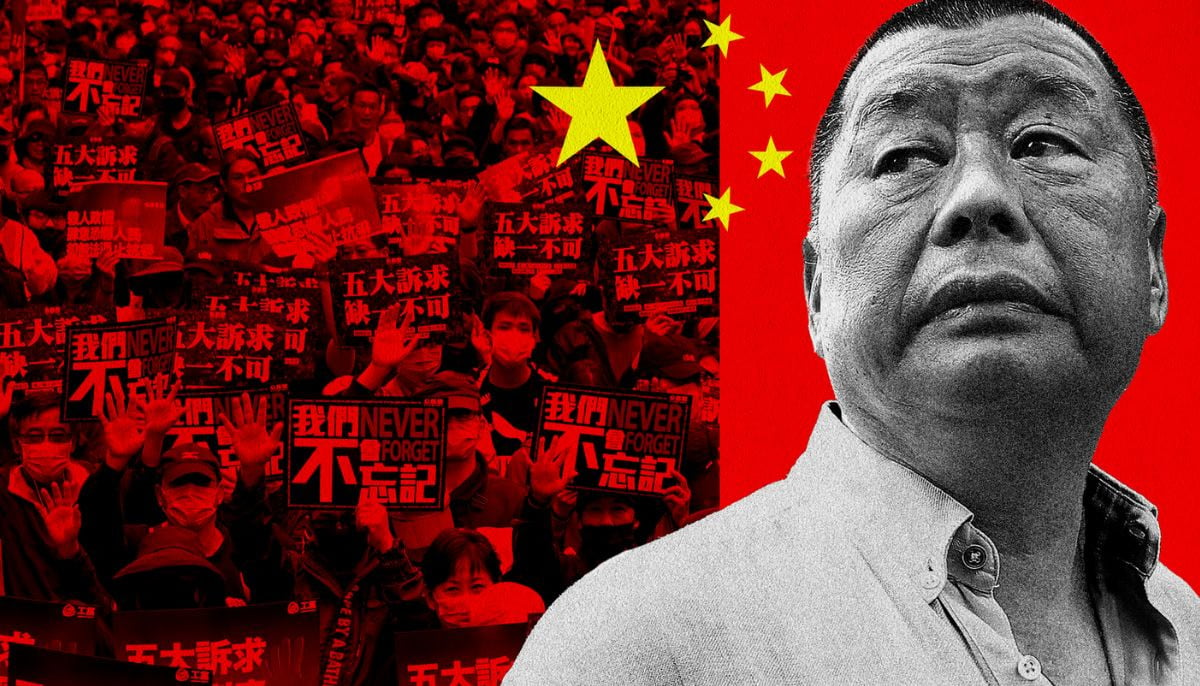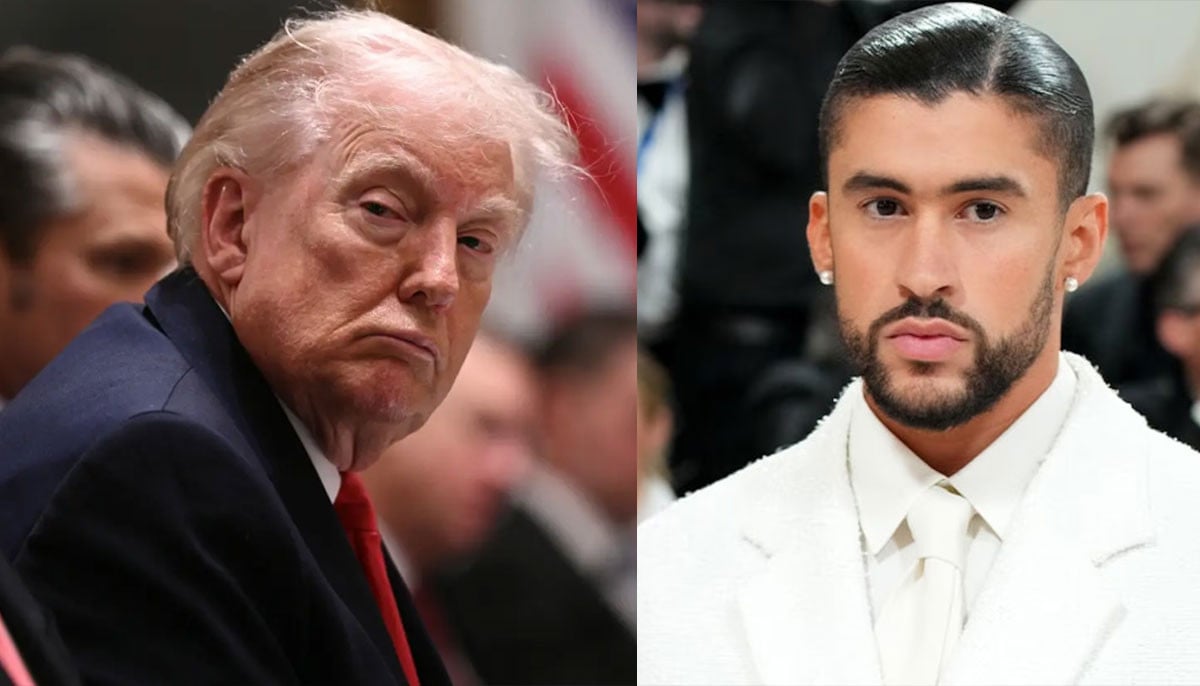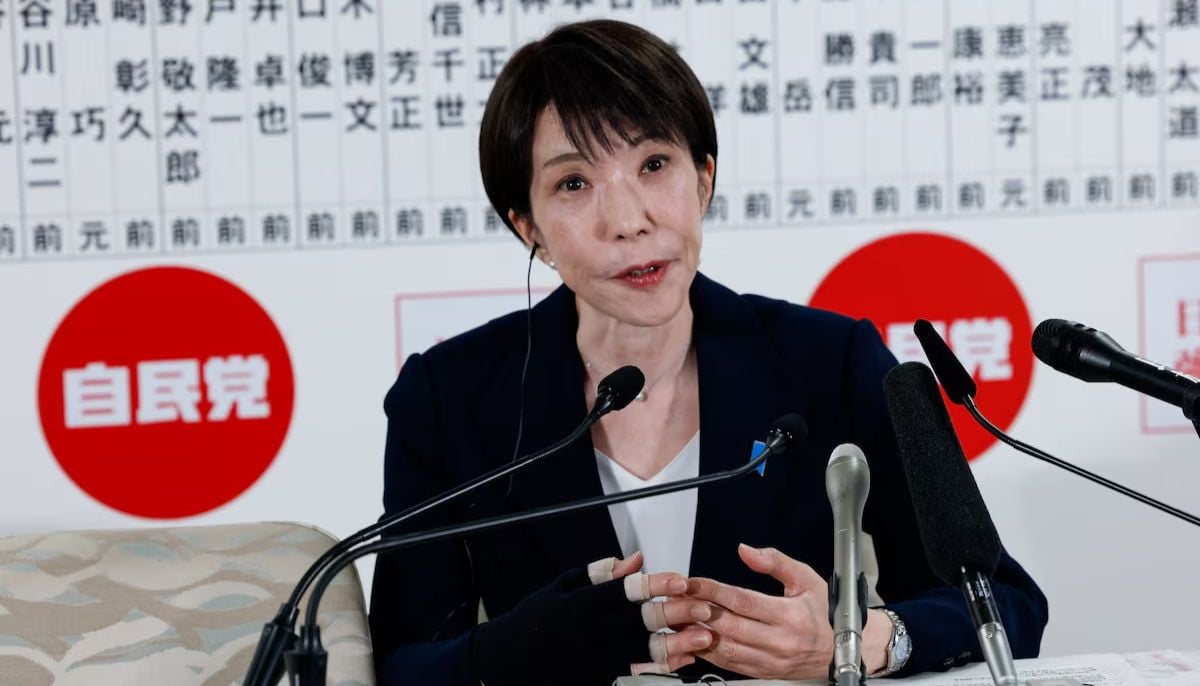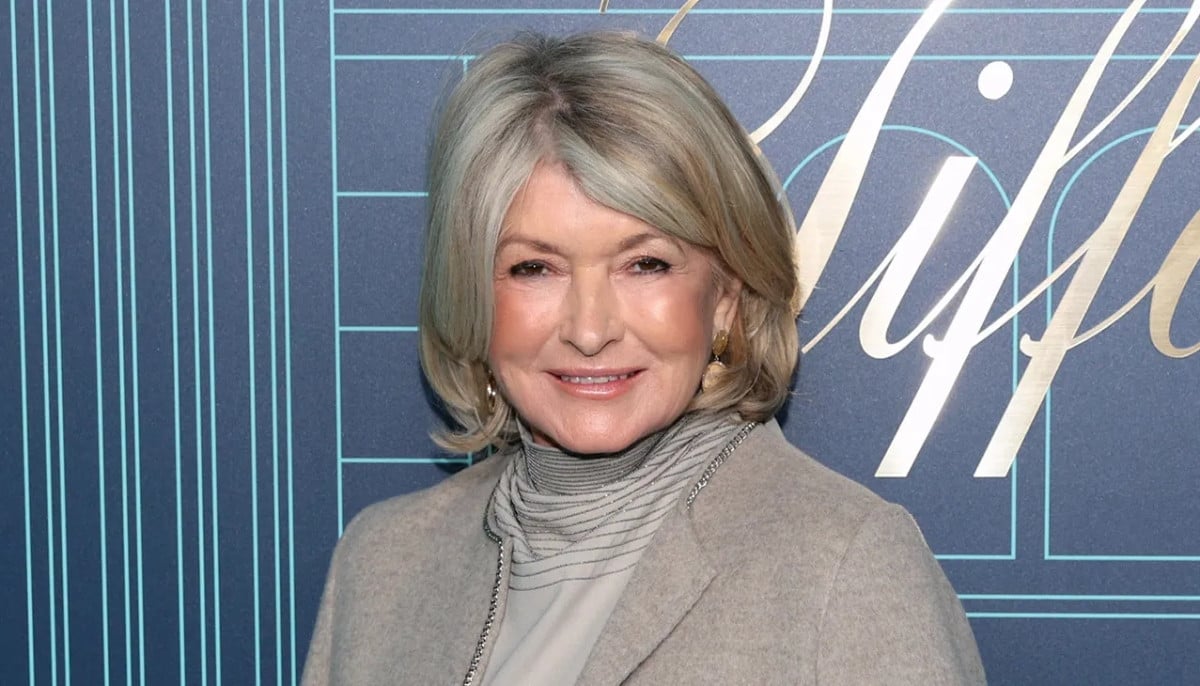Bangladesh president dissolves parliament
Decision taken following meetings with heads of defence forces, political parties leadership and student leaders
Bangladesh President Mohammed Shahabuddin, as confirmed via a statement from his office, Tuesday dissolved the country's parliament hours after students threatened to hold more protests if their demand for the dissolution of the parliament wasn't met by 3pm.
The move effectively paves the way for the formation of an interim government a day after ousted prime minister Sheikh Hasina resigned and fled the country following a violent crackdown on a student-led uprising.
The decision to dissolve the parliament was taken following meetings with the heads of defence forces, leaders of political parties, student leaders and some civil society representatives, the presidential statement said.
Earlier, Nahid Islam — one of the key organisers of the movement against Hasina — in a video on Facebook with two other student leaders, had called on the "revolutionary students to be ready" if that did not happen. if the parliament wasn't dissolved within the given deadline.
Bangladesh's Army Chief General Waker-Uz-Zaman was due to meet student leaders to discuss the formation of an interim government that is expected to hold elections soon after it takes over.
It was not immediately clear if the meeting had taken place and if the students' deadline to dissolve parliament came after the meeting.
General Zaman, on Monday, had announced Hasina's resignation following days of violent protests which have seen around 300 people being killed.
The general also announced the formation of an interim government.
Khaleda Zia released from house arrest
The country's ex-prime minister Khaleda Zia has been released from years of house arrest, Bangladesh National Party (BNP) spokesperson AKM Wahiduzzaman told AFP.
Zia's release, also confirmed by the president's office, comes as student leaders have already proposed the name of Nobel Peace laureate Muhammad Yunus as the interim government's chief adviser.
Yunus, 84, and his Grameen Bank won the 2006 Nobel Peace prize for work to lift millions out of poverty by granting tiny loans of under $100 to the rural poor of Bangladesh but he was indicted by a court in June on charges of embezzlement that he denied.
Known as the "banker to the poor" flirted briefly with a political career, attempting to form his own party in 2007. But his ambitions were widely viewed as having sparked the ire of Hasina, who accused him of "sucking blood from the poor".
In 2011, Hasina's government removed him as head of Grameen Bank, saying that at 73, he had stayed past the legal retirement age of 60. Thousands of Bangladeshis formed a human chain to protest his sacking.
In January this year, Yunus was sentenced to six months in prison for violations of labour law. He and 13 others were also indicted by a Bangladesh court in June on charges of embezzlement of 252.2 million taka ($2 million) from the workers' welfare fund of a telecoms company he founded.
Although he was not jailed in either case, Yunus faces more than 100 other cases on graft and other charges. The Nobel laureate denies any involvement and said, during an interview with Reuters, the accusations were "very flimsy, made-up stories".
Yunus is currently in Paris undergoing a minor medical procedure, his spokesperson said, adding he has agreed to the request of students who led the campaign against Hasina to be the chief adviser of the interim government.
-
Jake Paul criticizes Bad Bunny's Super Bowl LX Halftime Show: 'Fake American'
-
Hong Kong court sentences media tycoon Jimmy Lai to 20-years: Full list of charges explained
-
Trump passes verdict on Bad Bunny’s Super Bowl halftime show
-
Blac Chyna reveals her new approach to love, healing after recent heartbreak
-
Melissa Jon Hart explains rare reason behind not revisting old roles
-
Japan elects Takaichi as first woman Prime Minister after sweeping vote
-
'We were deceived': Noam Chomsky's wife regrets Epstein association
-
Martha Stewart on surviving rigorous times amid upcoming memoir release
